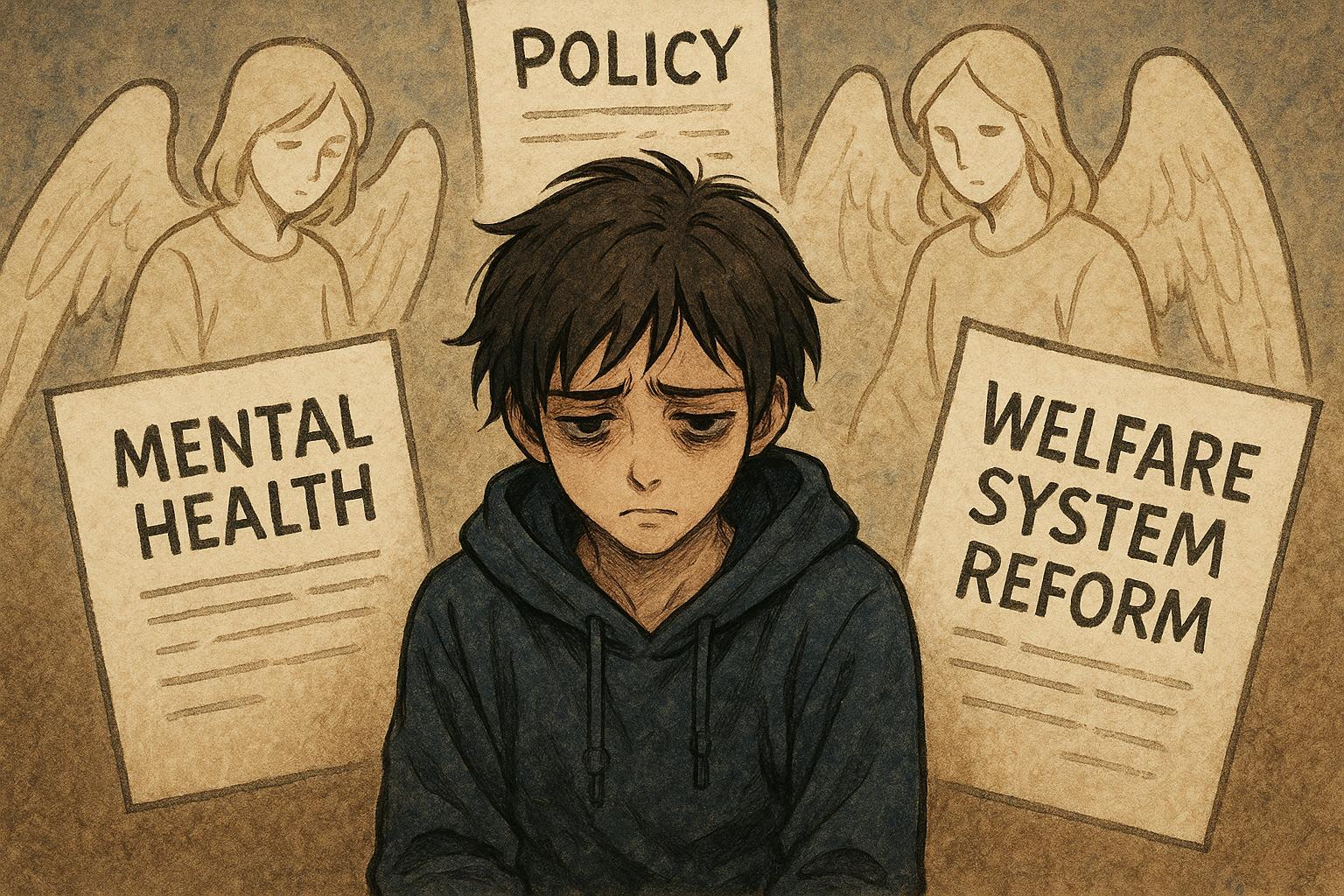A recent report from the Work and Pensions Committee has cast a stark light on the safeguarding practices of the Department for Work and Pensions (DWP), highlighting a troubling failure to protect vulnerable benefit claimants. This comprehensive evaluation was prompted by tragic cases, notably that of Errol Graham and Phillipa Day, both of whom suffered fatal consequences within the welfare system. The report underscores a pressing need for a systemic overhaul within the DWP to ensure that safeguarding is embedded in policy design and application.
At the heart of the report's findings is a call for the DWP to establish a legal obligation to refer vulnerable individuals to appropriate external agencies as necessary. The committee's chair, Debbie Abrahams, emphasised that until a cultural shift occurs within the DWP—an acknowledgement that safeguarding must take precedence over cost-cutting—vulnerable individuals will continue to be at risk. She stated, “That people continue to face harm after dealing with the DWP is a self-evident failure of safeguarding in the system."
Many mental health professionals and disability advocates have welcomed the report as a significant step towards accountability and reform. Mikey Erhardt from Disability Rights UK described it as a "vindication" for those striving to expose the DWP's failings. He highlighted how the pressures of a system prioritising austerity have led to a situation where the most vulnerable are "systematically harmed" by a lack of compassionate support. The report reveals the burdens faced by the 20 million individuals who interact with the benefits system annually, many of whom suffer from the very policies intended to assist them.
As discussions surround planned reductions to disability benefits, the report features crucial recommendations, including the necessity for the DWP’s chief medical advisor's team to evaluate the health impacts of significant policy changes. This is in recognition of the adverse effects that decisions in the benefits system can have on the mental well-being of claimants. The Mental Health Foundation and Mind, among other organisations, provided substantial evidence to the committee, outlining how current DWP practices exacerbate mental health issues under the existing framework of austerity measures.
The report also urges the DWP to incorporate individuals with lived experience of welfare challenges in shaping their safeguarding policy. This multifaceted approach aims to dismantle the preconceived narratives surrounding the benefits system and would work towards rebuilding trust among claimants. Reports indicate that negative experiences and stigmatisation have significantly hindered many from seeking essential support, plunging them further into despair.
Debbie Abrahams has further highlighted that this shift in policy must be about more than simply addressing the needs of the claimants; it commands a transformation in how the DWP perceives its role as a supportive entity rather than merely an enforcer of fiscal discipline. The call for a statutory duty to safeguard claimants resonates with many advocates, who believe it would forge a path towards a more humane and effective welfare system.
As the government prepares to consider reforms, this report serves as a crucial reminder that legislative action is required now. The growing chorus of voices advocating for these changes emphasizes that reforming the DWP cannot wait, and any delay risks further harm to individuals already navigating the complexities of the benefits system. With calls for immediate reforms echoing across the sector, mental health and disability advocates continue to stress the importance of placing the well-being of vulnerable individuals at the centre of all welfare policy decisions.
In light of these findings, organisations such as Rethink Mental Illness urge a halt to proposed benefit cuts, arguing that this would only intensify hardship for countless individuals already at risk. The report's conclusions should be read as a clarion call for MPs and policymakers to reconsider their approach and ensure that the principles of safeguarding and support lie at the foundation of a system designed to assist those in most need.
Reference Map
- Paragraphs 1-2: [1], [2], [3]
- Paragraphs 3-4: [1], [5], [4]
- Paragraph 5: [1], [6]
- Paragraphs 6-7: [1], [7]
- Paragraphs 8-9: [1], [3], [2]
- Paragraph 10: [1], [2]
Source: Noah Wire Services
